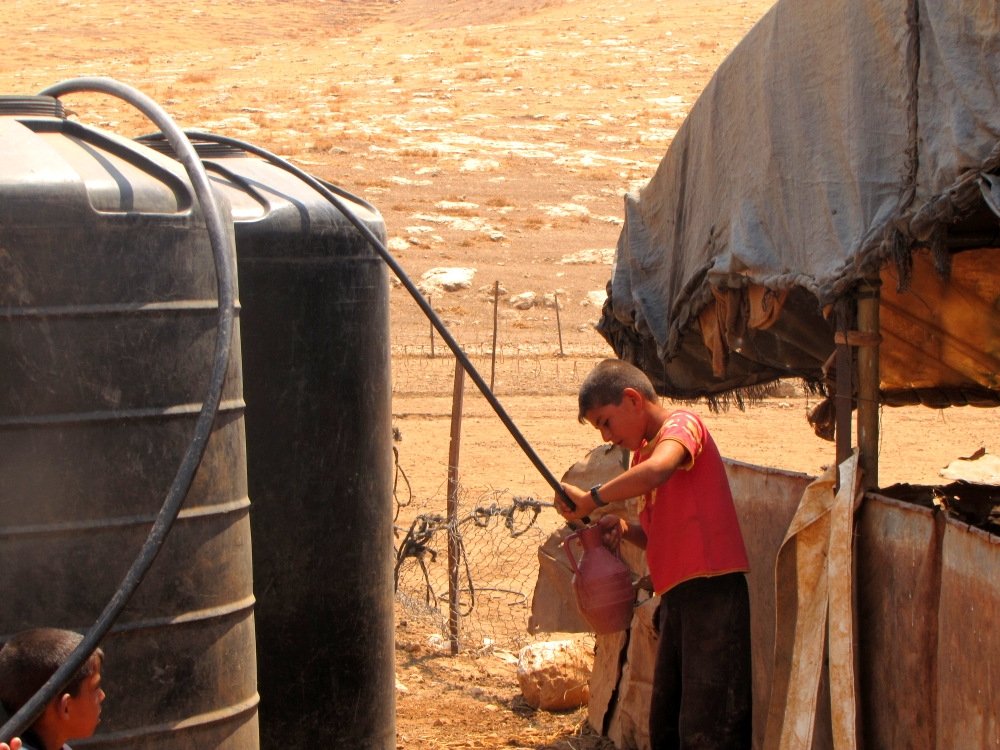Recently displaced children in the southern Gaza Strip are accessing only 1.5 to 2 litres of water each day, well below the recommended requirement of minimum 3 litres just for survival, a UNICEF report has stated.
It also said that since the fresh war erupted in early December, hundreds of thousands of internally displaced people, half of them estimated to be children, have arrived in Rafah and are in desperate need of food, water, shelter, medicines, and protection. As demand continues to rise, water and sanitation systems in the city are in an extremely critical state, UNICEF has said. The resumption of hostilities, coupled with a lack of power supply, fuel shortages, restricted access, and infrastructure damage means that at least 50 per cent of WASH facilities are damaged or destroyed, it added. In shelters across the Strip there is about one toilet for every 700 people, it said.
The UN agency stated that concerns of waterborne diseases such as cholera and chronic diarrhea are particularly heightened given the lack of safe water, especially following this week’s rains and flooding. Already, officials have recorded almost 20 times the monthly average of reported cases of diarrhea among children under the age of 5, in addition to increases of cases of scabies, lice, chicken pox, skin rashes and more than 160,000 cases of acute respiratory infection.
UNICEF Executive Director Catherine Russell stated, “Access to sufficient amounts of clean water is a matter of life and death, and children in Gaza have barely a drop to drink. Children and their families are having to use water from unsafe sources that are highly salinated or polluted. Without safe water, many more children will die from deprivation and disease in the coming days.”
UNICEF further said that generators to operate critical water and sanitation facilities, plastic pipes needed to provide short term repairs as well as construction material for rapid sanitation solutions are available at the Rafah border crossing, but are unable to cross into Gaza due to access restrictions imposed on such supplies, which are necessary to ensure minimum water and sanitation services critical for the survival of the people and children are restored.
“We are doing everything we can to meet the needs of the people in Gaza, but the equipment and supplies we’ve managed to provide are far from enough,” said Russell. “The constant bombing, along with the restrictions on materials and fuel allowed into the territory, are preventing critical progress. We urgently need these supplies to repair damaged water systems.”


